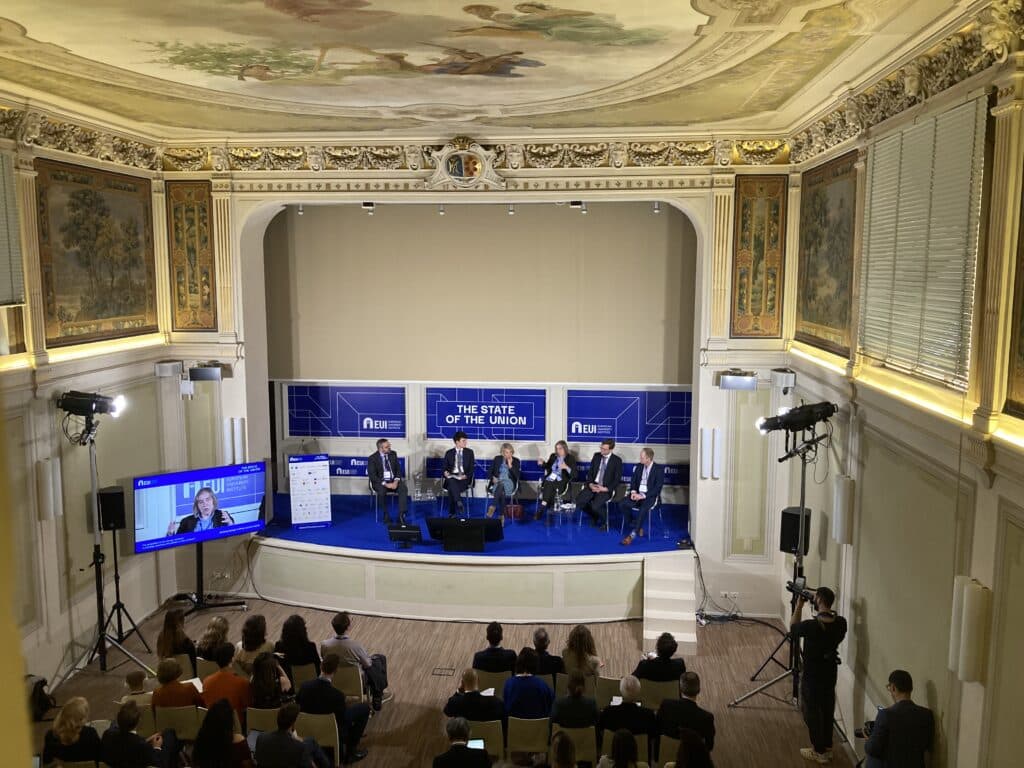FSR Topic of the Month:
Network Codes & Guidelines. A legal perspective.
by Lavinia-Petronela Tanase (FSR)
Week 3: Implementation challenges. Private agreements
Last week, the blog post tackled the topic of the electricity Network Codes and Guidelines being implemented via further Terms, Conditions and Methodologies (TCMs). In addition to these TCMs, though, what is very interesting is the fact that the Guidelines contain a mandatory electricity market regulatory framework which obliges transmission system operators, NEMOs and other market players to enter into private agreements.
For example, the CACM GL lays down a `robust, reliable and non-discriminatory Union governance framework for the single day-ahead and intraday coupling`. [1] This implies that the Guideline in itself creates obligations for the TSOs and NEMOs to enter into agreements for: NEMO-TSO cooperation, information exchange and non-disclosure of confidential information or on the intraday operation of the market coupling.
It is only through seamless cooperation, that the EU-wide market coupling goal can be achieved, in the day-ahead and intraday time frames. [2]
In addition, while performing the Market Coupling Operator function, the NEMOs shall be bound by a contractual framework which contains, among other contracts: operational agreements for the day-ahead and intraday market coupling processes, and cooperation agreements between NEMOs. Importantly, the CACM GL, in Article 7(3) also makes reference to the contracts that the NEMOs shall conclude with third parties. These contracts can be service agreements concluded with the day-ahead or intraday service providers.
The novelty in the implementation of the Guidelines comes from the fact that, under Article 7(5) of the CACM GL, the Agency for the Cooperation of Energy Regulators (ACER) has been granted prerogatives to (i) monitor the NEMOs` progress in establishing and performing the market coupling operator function and (ii) analyse if the contractual and regulatory framework is effective and efficient. For this purpose, the NEMOs must send the draft agreements to be concluded among themselves and with third parties to ACER. ACER thus has continuous monitoring powers over this contractual framework of the NEMOs and between the NEMOs and third parties.
ACER shall report to the European Commission if these obligations have been fulfilled or not. In the latter case, ACER will inform the EC and may recommend any further measures. Curiously, the EC has direct intervention powers, in case the NEMOs do not fulfil their obligation to submit the draft agreements and, according to Article 7(6) CACM GL, the EC can even request an amendment of the Guideline itself.
In the case in which the real agreements concluded between the NEMOs or between them and third parties depart from the text of the draft agreements, ACER will again notify the EC and recommend further measures.
Given the fact that market coupling is one of the founding blocks of the Internal Energy Market, the NEMOs` agreements with other NEMOs and/or with third parties concluded for this purpose, are subject to the careful monitoring of national regulators, ACER and ultimately, the EC. The extensive powers of ACER and the potential direct intervention of the EC in the private understanding of two parties show that the electricity market is regulated to its core and that the decision-making process is steered from a higher-up level, in almost all situations.
[1] Recital 26, Commission Regulation 2015/1222 establishing a guideline on capacity allocation and congestion management.
[2] Market coupling is a process which involves matching bids and offers on the basis of capacity calculation results issued by the TSOs.






